People
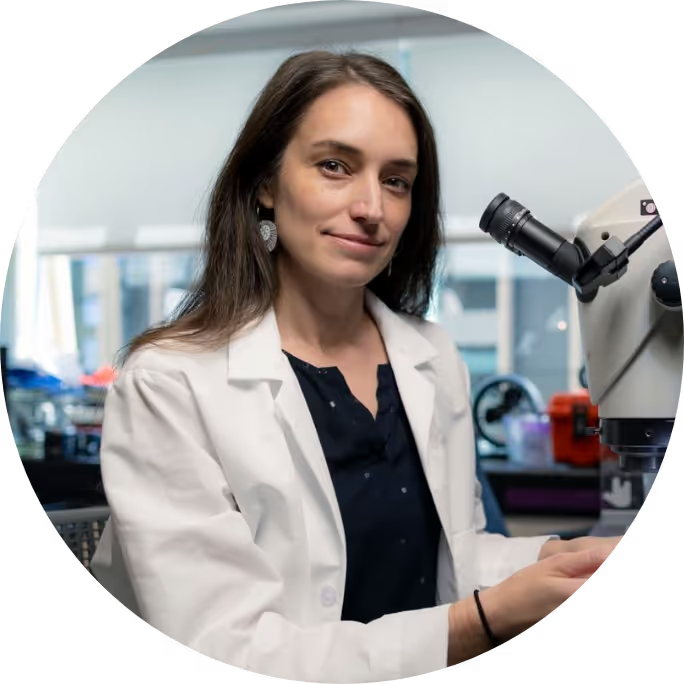
Lauren A. O’Connell
Associate Professor of Biology
Department of Biology
Wu Tsai Institute for Neuroscience
Sarafan Chem-H
Principal Investigator at Stanford University

Graduate Students

Amanda Muñoz Meneses
PhD Student


Amanda Muñoz Meneses
PhD Student
Amanda is a Colombian biologist broadly interested in disease ecology and conservation, particularly chytridiomycosis, a disease caused by a fungus decimating amphibians globally - Batrachochytrium dendrobatidis (Bd). Her research explores host-pathogen interactions in poison frogs, focusing on how their microbiome and unique skin chemistry influence susceptibility to Bd infection. Previously, Amanda conducted research in amphibian conservation, sexual selection, bioacoustics, and behavior. Outside of lab Amanda enjoys spending time with her family and friends, traveling and working on her family business.

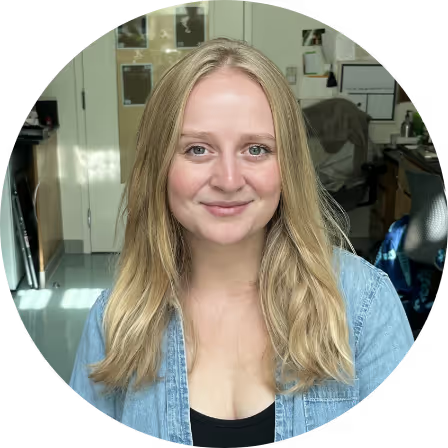
Billie Goolsby
PhD Student


Billie Goolsby
PhD Student
Billie is a PhD candidate in the lab studying the evolution of neural circuits driving social behavior. She uses the monogamous and biparental poison frog, Ranitomeya imitator, to explore mechanisms of family dynamics on a behavioral and molecular scale. She uses a combination of neuroscience techniques, genetic tools, robotics, and pharmacology in her research. Her work is supported by the HHMI Gilliam Fellowship, NSF-GRFP, and an NIH T32.

.avif)
Cesar Mena
PhD Student

.avif)
Cesar Mena
PhD Student
I am interested in studying the mechanisms behind chemical defense in poison frogs. Through my research, I hope to uncover key proteins involved in alkaloid sequestration across different developmental stages in these frogs. Additionally, I aim to describe various behavioral mechanisms in both tadpoles and adults that are important for maintaining their chemical defenses. Outside of the lab, I enjoy hiking, watching movies, and playing video games!

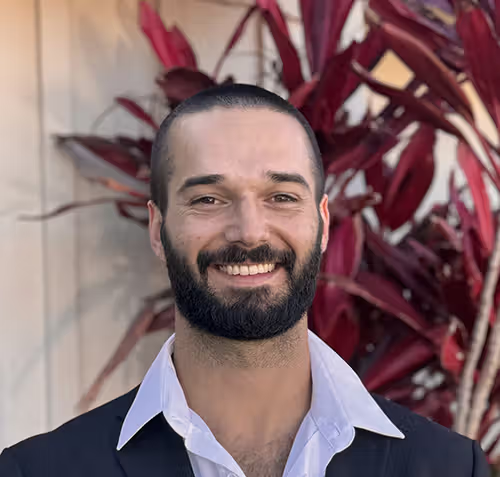
Max Madrzyk
PhD Student


Max Madrzyk
PhD Student
Max studies how species respond to alarming olfactory stimuli both through their behavioral and neurobiological responses. Specifically, he is interested in how life history and developmental experience shapes this response. He will be characterizing the brain regions and neurotransmitters that regulate alarm response as well as the mechanisms in the olfactory bulb that detect and integrate olfactory stimuli. In his free time, Max likes to rock climb, snowboard, and travel.

%20(1).avif)
Mila Pamplona Barbosa
PhD Student

%20(1).avif)
Mila Pamplona Barbosa
PhD Student
Mila is interested in circadian rhythms and how they influence animal behavior, physiology, and ecology. Science communication and advocacy for diversity, equality, and inclusion in science are some of her passions! She believes science and education are essential tools to fight social inequality. In her podcast in Portuguese called Charlando, she talks about science, daily life, and academia, using a bit of comedy to make science more accessible to the broad public. Her hobbies include playing the drums and the ukulele, playing with her cats, and, as a good Brazilian, dancing!

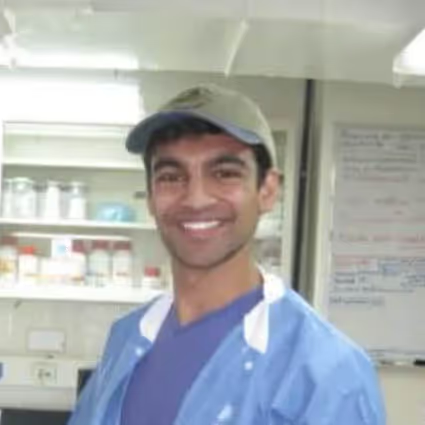
Neil Khosla
PhD Student


Neil Khosla
PhD Student
Ever since he was 28 years old, Neil knew that he wanted to study post-transcriptional regulatory drivers of development and evolution. Since then, he has prepared nearly 100 small RNA libraries, characterizing the miRNAomes of various poison frog species and the influence of the social environment on brain microRNA expression. In his free time, Neil "plays" the piano, edits oxford commas into Wikipedia articles and memorizes mature miRNA sequences in preparation for the trivia section of his ever-looming Ph.D. defense.

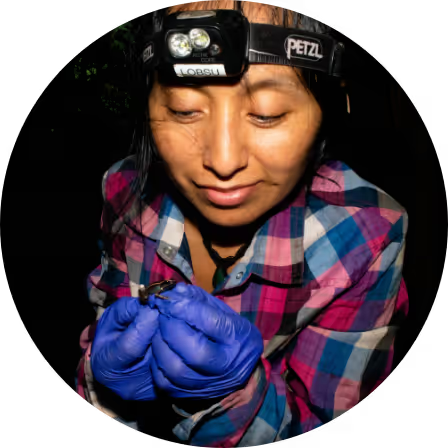
Shirley Jennifer Serrano Rojas
PhD Student


Shirley Jennifer Serrano Rojas
PhD Student
I am a Peruvian field biologist passionate about animal behavior and biodiversity conservation in the tropics. I am broadly interested in understanding the evolutionary consequences of climate change and anthropogenic disturbances on species’ reproductive success. Using poison frogs as my model species, I aim to study the mechanisms underlying the diversification of reproductive strategies and how these evolutionary adaptations will respond to rapidly changing environments. With my studies, I am hoping to gather information that can be used to guide amphibians’ conservation efforts.I also love music, dancing salsa and bachata, watching scary movies, climbing trees and exploring new places.

Postdoctoral Researchers
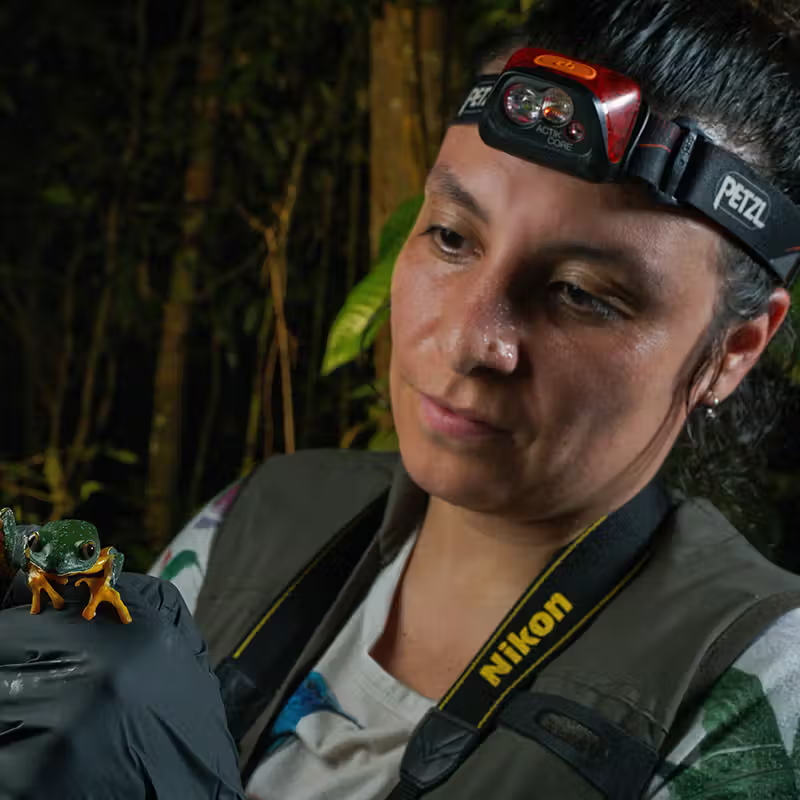
Daniela Pareja Mejía, PhD
Postdoctoral Scholar


Daniela Pareja Mejía, PhD
Postdoctoral Scholar
Daniela is a behavioral ecologist studying how movement, personality, and environmental variation shape the spatial ecology of Neotropical frogs and how frogs sense and respond to environmental change. She completed her Master’s and PhD at the State University of Santa Cruz (UESC) in Brazil, developing new methods for tracking arboreal frogs and advancing the understanding of Amazonian treefrog behavior and spatial ecology. In her postdoctoral project, she investigates how poison frogs detect and respond to heat by identifying warm-sensing neurons and examining how neural and behavioral plasticity shift across environmental gradients. Her work seeks to uncover mechanisms that shape thermal resilience in amphibians facing climate change. Beyond research, she advocates for gender equity in STEM through networks in Brazil and Ecuador, and she founded SAVE THE FROGS ECUADOR and the Herpeto Behavioral and Spatial Ecology Group. In her free time, she enjoys traveling, collecting vinyls, and craft beer tasting.

Undergraduates
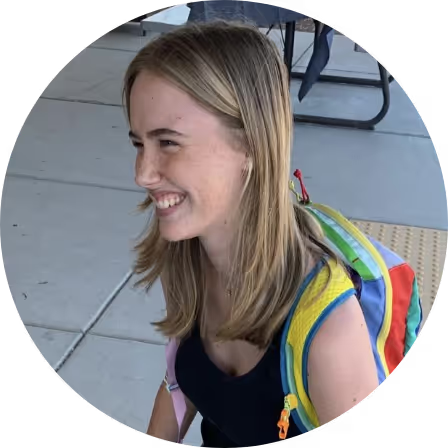
Katelyn Santa Maria
Undergraduate Student


Katelyn Santa Maria
Undergraduate Student
Katelyn Santa Maria is a Stanford pre-veterinary undergraduate (Class of 2026) pursuing a B.S. in Human Biology with a focus on Comparative Medicine and Animal Science. She works as an Animal Care Associate under Madison Lacey, ensuring the health and welfare of the organisms in the lab. Katelyn leads the Stanford volunteer organization called the Animal Service Project and co-presides over the People for Animal Welfare at Stanford. In her free time, she enjoys mentoring and teaching children, volunteering, and spending time in nature.


Keira Nakamura
Undergraduate Student


Keira Nakamura
Undergraduate Student
I am an undergraduate from San Francisco, majoring in Biology. My research focuses on social development based on early-life isolation and how this affects microRNA expression. I aim to determine how certain microRNAs correlate to poison frog tadpoles exhibiting either aggressive or non-aggressive behavior depending on the social environment.In my free time, I enjoy crocheting, reading, gardening, and spending time with my tortoise, Thunder.

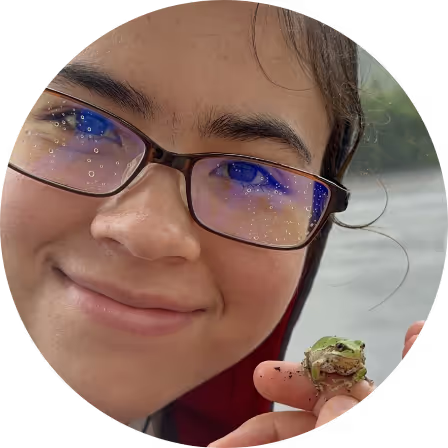
Mei Li Palmeri
Undergraduate Student


Mei Li Palmeri
Undergraduate Student
Mei Li is a junior majoring in Biology. Her work in the lab involves studying the social behavior of poison frog tadpoles in different environments and the role that microRNAs play in regulating behavior.In her free time, Mei Li enjoys reading, indulging in afternoon naps, and browsing through iNaturalist in search of her next photography subject.

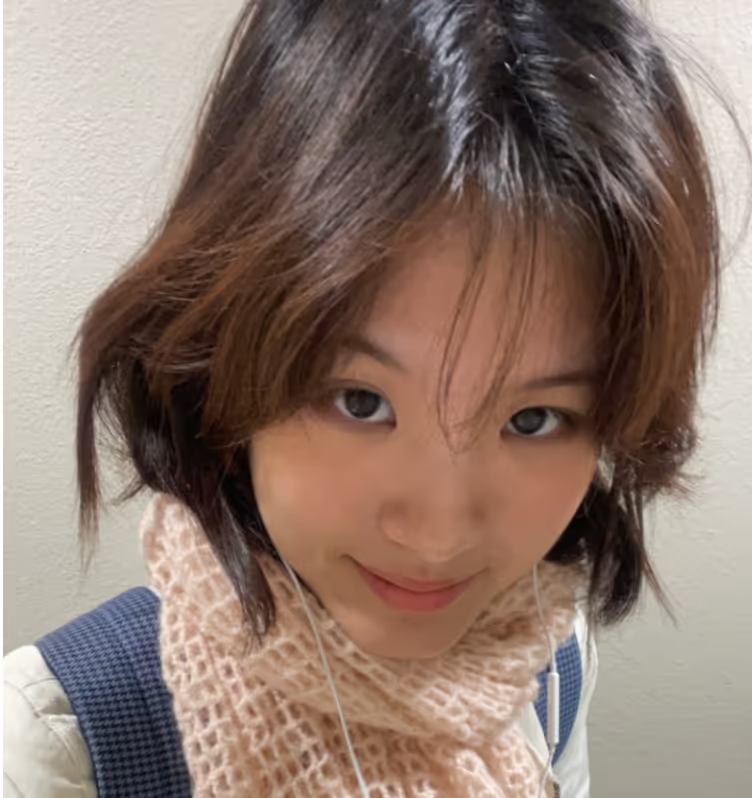
Natalie Bai
Undergraduate Student


Natalie Bai
Undergraduate Student
Hi, this is Natalie! I’m a rising senior majoring in Cellular, Molecular and Organismal Biology. My work in the lab focuses on the genetic and neurological basis of the amphibious circadian rhythm system. Using glass frogs as my model organism, I aim to examine the periodical expression of encephalic clock genes, and how this information correlates with their daily activity. In my free time I enjoy drawing and reading mystery&detective fictions. A recent favorite is The Thursday Murder Club.


Teisha Nishimitsu
Undergraduate Student


Teisha Nishimitsu
Undergraduate Student
Teisha is a Stanford undergraduate student (Class of 2026) from Maui, Hawaii, and is majoring in Biology with a concentration in molecular, cellular, and organismal biology. At the O’Connell Lab, she studies the prey selectivity of tropical poison frogs through the isotopic analysis of their stomach contents. She is interested in understanding how the predation habits of these frogs affect their toxicity.

.avif)
Vanessa Rodriguez
Undergraduate Student

.avif)
Vanessa Rodriguez
Undergraduate Student
I am an undergraduate Stanford student majoring in Biology, with a concentration in Ecology and Evolution. I'm joining the lab under the 2025 NeURO Fellowship and Rose Hills Foundation Fellowship. Over the summer, I am excited to study the role that dopaminergic neurons play in the development of tadpole parental recognition. In my free time, I enjoy riding my motorcycle and playing with my dog, Tobi.

Research Technicians & Data Scientists

Adithi Rao
Research Professional


Adithi Rao
Research Professional
Adithi is broadly interested in ecology, behavior and the molecular mechanisms that drive them. Her MSc research investigated social behavior in fish, building on her background in conservation and education from work back home in India. In the O’Connell lab, she examines how sensory cues shape the brain and behaviour of poison frogs. She is also passionate about making science accessible to all through outreach and education.When not thinking about fish or frogs, Adithi can be found looking for other forest friends (birdwatching), making music and art, swimming, or baking little vegan treats!


Ashok Zachary Reddy
Research Professional


Ashok Zachary Reddy
Research Professional
Zach works on synchronized parental care, neuroethology, and neural organization in imitator frogs while supporting lab operations. He is interested in understanding how molecular processes in the brain give rise to behavior and how they may be manipulated with chemical and genetic tools.He hails from rural Kansas and loves spending time outdoors, long distance running, and attempting to teach himself how to play the guitar.


Camilo Rodríguez, PhD.
Data Analyst and Bioinformatician


Camilo Rodríguez, PhD.
Data Analyst and Bioinformatician
I am a behavioral ecologist interested in animal behaviour, endocrinology, herps and data science. My research focuses in understanding the neuroendocrine mechanisms behind the evolution of aggressive behaviour in poison frogs. In the O’Connell lab I focus on using computational tools to address diverse biological questions.

.avif)
Dave Ramirez Rodriguez
Lab Manager

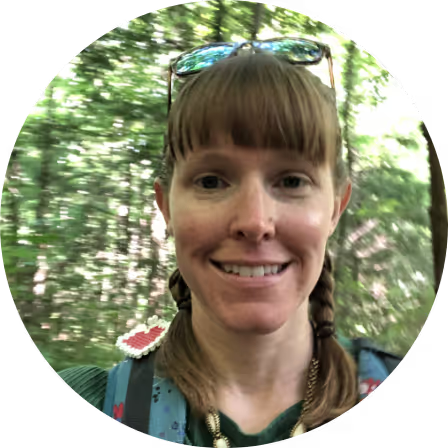
Leigh Henderson
Project Scientist


Leigh Henderson
Project Scientist
In lab, Leigh is asking the question: how do poison frogs become poisonous? She focuses on genes that may transport or metabolize toxins. This fits nicely with her background in genetics, metabolism, and bioinformatics.Outside the lab, Leigh likes to explore local parks and trails, learn about nature native to the San Francisco Bay area, volunteer, read, and play games.

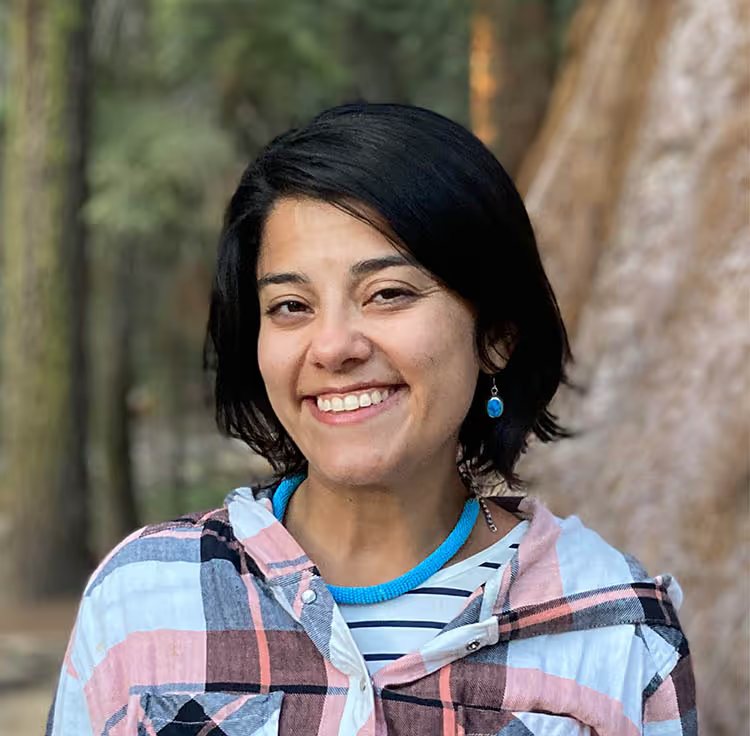
Mabel Gonzalez, PhD.
Research Scientist


Mabel Gonzalez, PhD.
Research Scientist
I am a Colombian chemical ecologist interested in studying how chemical communication evolved in different organisms. I joined the O’Connell Lab in 2022 and my current research integrates metabolomics, proteomics and animal behavior to investigate how Phyllobates terribilis—the most toxic vertebrate on Earth—sequesters alkaloids and other potent xenobiotics.
Recently I became a mom of my son, baby Miguel, and I am learning how to navigate the unique and rewarding journey of being a mom and a scientist. Out of the lab, I enjoy spending a lot of time with my family, doing short hikes with them, and visiting restaurants to explore food from different countries.

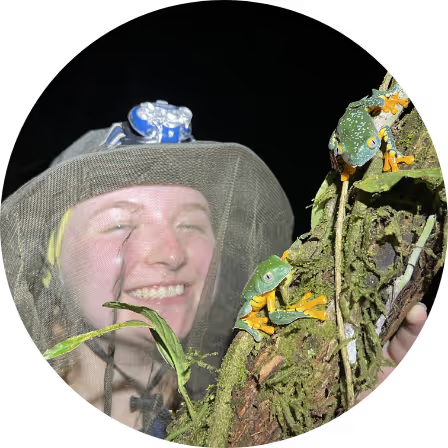
Madison Lacey
Animal Caretaker


Madison Lacey
Animal Caretaker
Madison is the animal caretaker for the Laboratory of Organismal Biology frog colony. This includes basic care for over 300 frogs of various species, this includes feeding, sexing, cleaning, and maintaining accurate records. She enjoys maintaining the health and happiness of the frogs for the research conducted in the lab. Aside from her love of herpetology, Madison loves reading, going on hikes, and watching horror movies.




